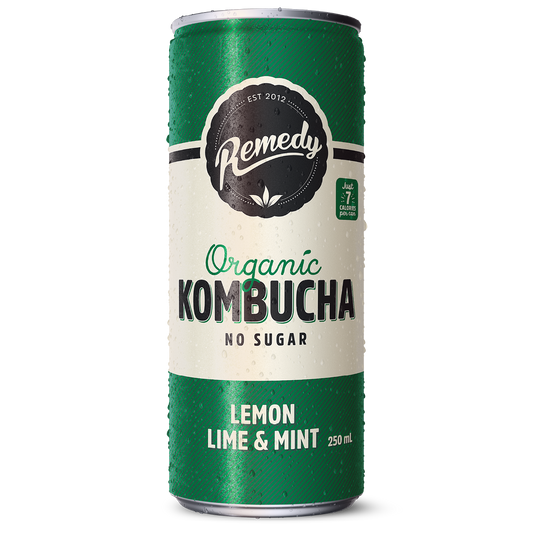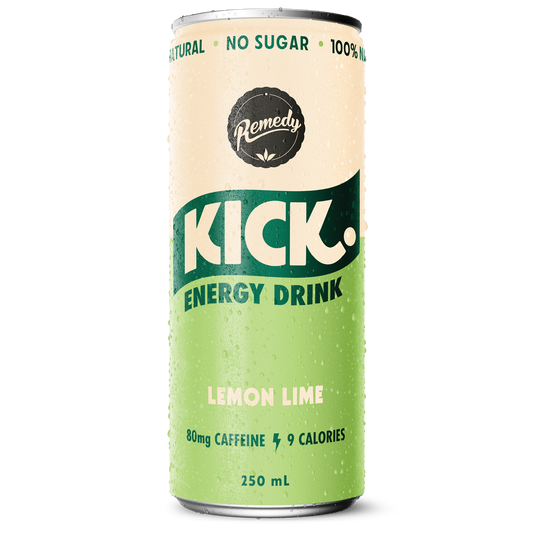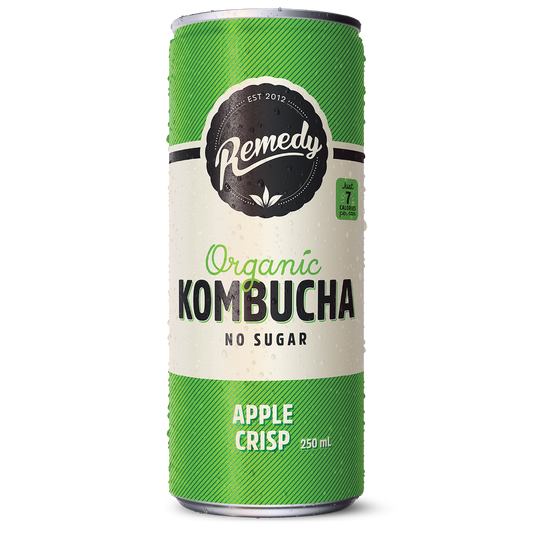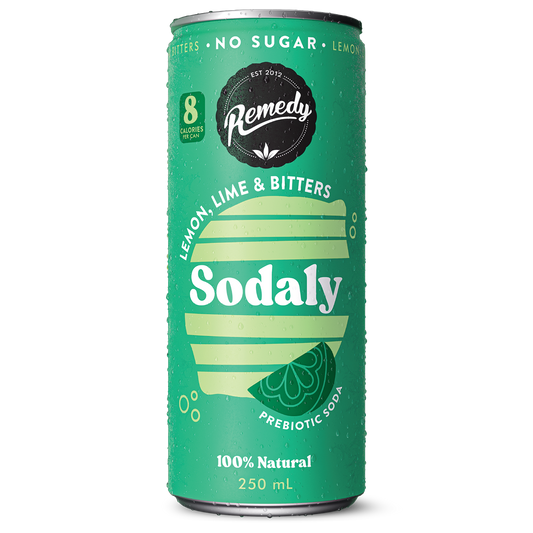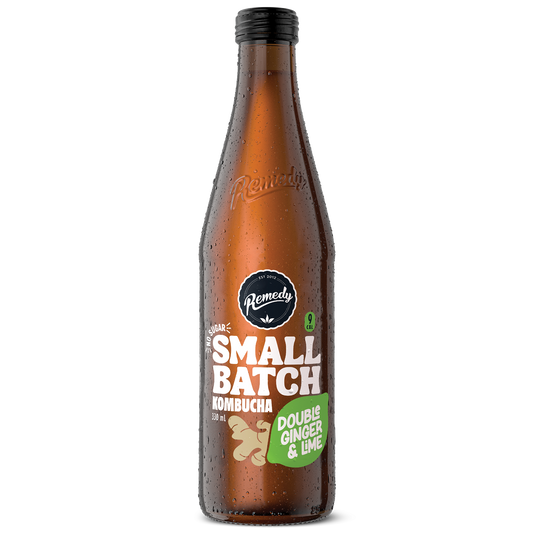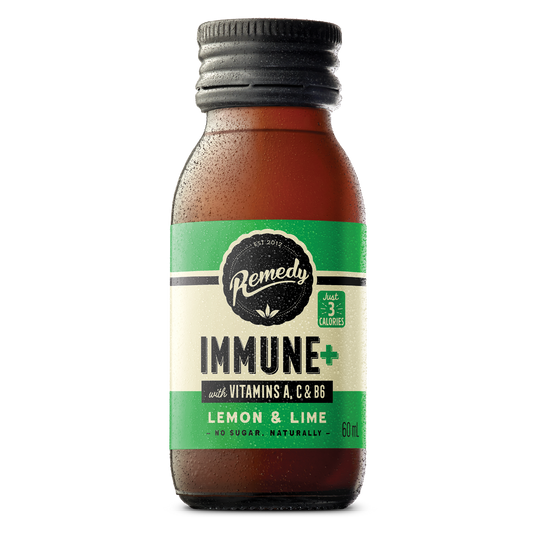Sustainability is thrown around a lot as a bit of a buzz word these days.
It’s why we’re on a bit of a sustainability journey here at Remedy. We think we’ve always done a pretty alright job – recycling, composting, lights off at the end of the day. Pretty simple stuff, really.
But we know we need to do better, which is why we’ve been working hard to make changes that’ll actually make a difference.
We know we’ve got a ways to go, but we wanted to share the pretty cool things we’ve been doing and how we’re going to keep working toward being the most planet-friendly we can be.
Sustainability committee
Yep, that’s right. We have a sustainability committee made up of planet-conscious humans from all over the Remedy biz, dedicated to looking out for ways we can do better.
They’re responsible for identifying areas we can do better and how we might be able to get involved in broader environmental causes as a team. On their recommendations, we have:
- Gotten involved in Clean Up Australia Days across both sites
- Set up team challenges to help the team think sustainably on an individual level
- Investigated our existing packaging and sussed out creative ways to make it more sustainable (more on this later!)
5 star green rated fermentary
Okay, but what does a “5 Green Star rated fermentary” actually mean?
Great question! Let’s start with the basics. Remedy HQ is known as a fermentary, mostly because we make fermented drinks. It’s kind of like going to a distillery for your spirits or a brewery for beer, it’s just our version of “the place we make our fermented drinks”.
In September 2022, we moved into our new fermentary in Dandenong South, and we’re pretty chuffed to say we have been awarded a 5-star green-rated label for this site. Some of the features that go into achieving this are:
- 1.1MW solar power system to reduce energy usage from the grid (almost our whole roof!)
- Rainwater harvesting for appropriate grey water use (such as toilets, etc.)
- Water-saving features such as air rinsing for our bottles
- Sensor-controlled LED lighting and timers on heating to reduce electricity throughout the site
- Repurposing organic waste like tea and SCOBY through a third party to produce renewable energy and organic fertiliser
Speaking of that last point…
Organic waste recycling
“Organic waste” sounds a bit funky… Like something you don’t want your makers-of-delicious-drinks to be producing. But never fear, we’re just talking about our tea leaves, SCOBY, fresh ginger remnants – any organic waste that comes from making fermented tea.
We work with the legends at Waste Ninja to recycle all this organic waste. Here’s how it works.
Our organic waste is collected from our fermentary and put through a process called anaerobic digestion. If you’re not 100% sure what that means off the bat, put simply, it’s a sustainable and environmentally friendly process that transforms food waste into electricity. Kind of like Cinderella’s carriage/pumpkin at midnight… but instead of magical fairy dust, it’s science.
In this biological process (more science, sorry!), microorganisms break down organic materials in the absence of oxygen, producing biogas as a by-product. This biogas, primarily composed of methane, can be captured and utilised as a renewable energy source.
This is where it gets super cool! The energy (aka electricity) produced is sent to the Victorian power grid.
For every tonne of organic material processed, enough electricity is generated to power 22.9 homes for a day. Since commencing the program in August 2021, we have diverted 440 tonnes of organic matter from landfills – generating enough electricity to power 10,056 houses for a day.
Sustainable packaging
This year, we’ve undertaken a project to lightweight our glass 330ml bottles. Basically, glass lightweighting refers to the process of reducing the weight of our glass bottles while maintaining the structural integrity (AKA our bottles are now a little bit shorter!).
This change, while small, will have a big impact by allowing us to use fewer raw materials while maintaining the same amount of liquid in our bevvies.
By changing to lighter glass bottles, we will reduce our annual consumption of raw glass materials by a whopping 225 tonnes, as well as saving energy during production. Additionally, reducing glass weight decreases the amount of cardboard needed for our carton packaging, contributing to a more eco-friendly packaging solution overall.
On top of glass lightweighting our 330ml bottles, we have also made the shift to 100% recycled PET in our 1.25L bottles. This has been a journey in and of itself!
One of the challenges to making this transition was the availability of appropriate materials for our amber bottles and the lack of existing infrastructure with local packaging suppliers.
All Remedy drinks are live cultured and chock full of organic acids, and amber bottles are the best way to keep them super strong, happy and healthy! The market for 100% recycled amber packaging is in its infancy, so we worked with our suppliers to make it happen ASAP.
It’s a big step, but these rPET bottles are finally rolling out onto supermarket shelves, and we couldn’t be happier to see them out in the world!
How else is Remedy sustainable?
As we said up top, we’re proud as punch of what we’re doing now but we still have a long way to go!
You can keep up to date with our sustainability journey on our dedicated sustainability page, or shoot an email to online@remedydrinks.com if you have any questions, suggestions or just wanna chat!
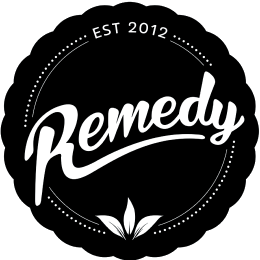

-(1).png?v=1728260985043)
